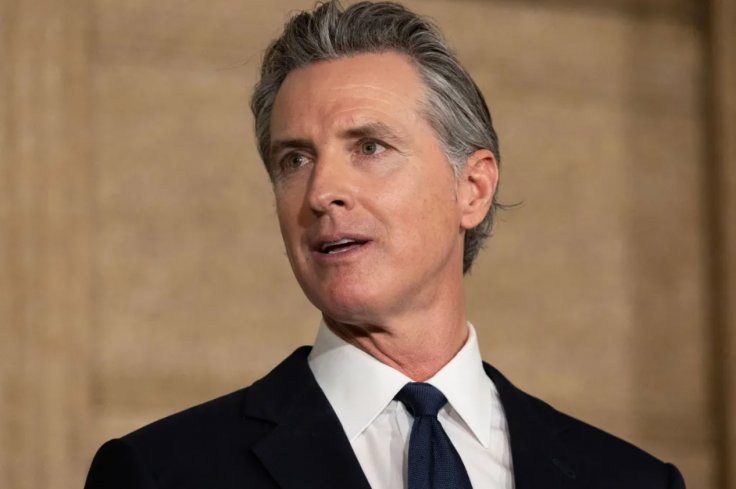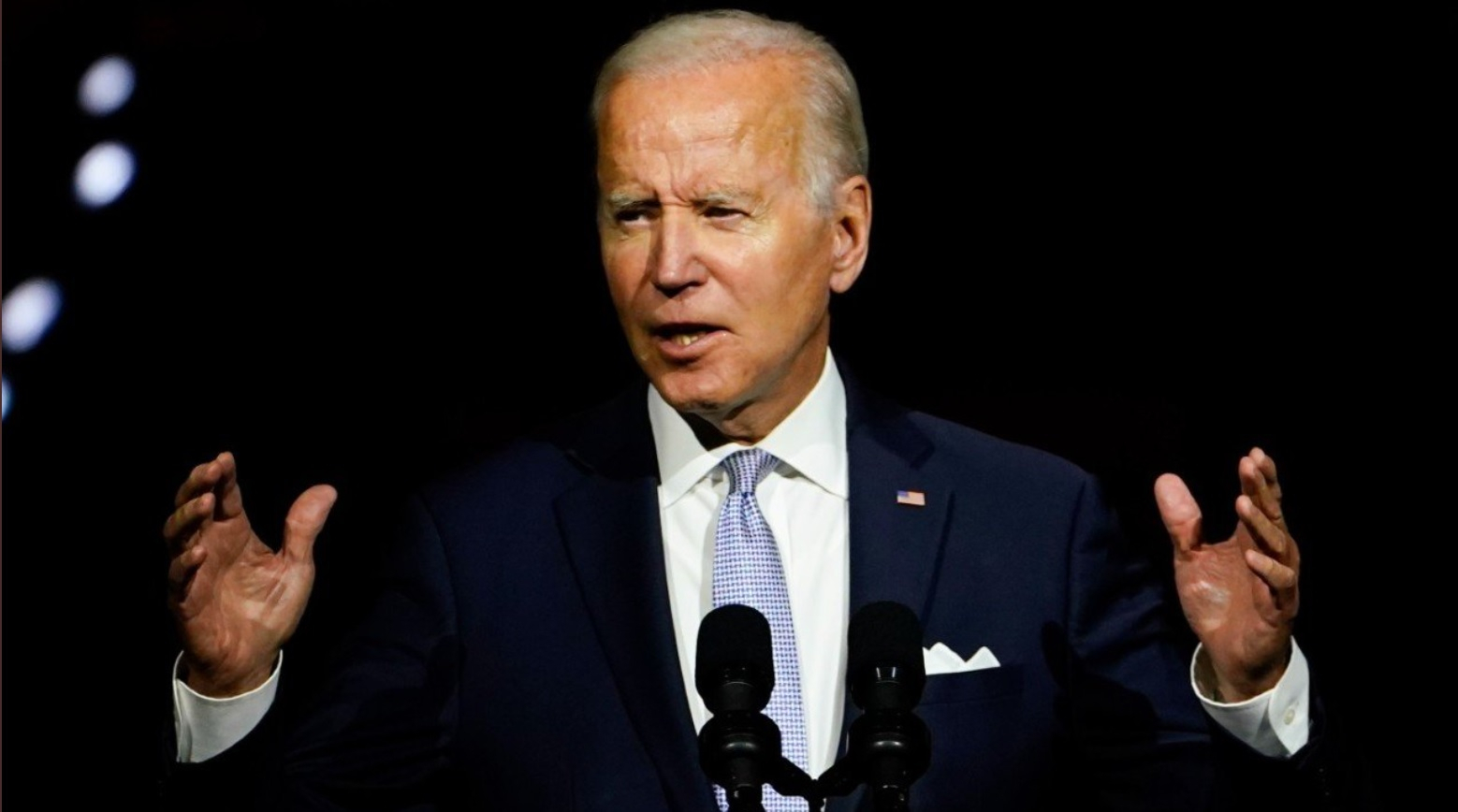After weeks of pressure, private negotiations, and public missteps, President Joe Biden announced on Sunday that he would no longer be seeking the Democratic nomination for a second term in the White House. Biden’s decision has placed the Democratic Party in an unprecedented position.
Who will step up to replace him and challenge Republican nominee Donald Trump in the presidential race this November? Delegates for the Democratic Party are set to meet on August 19 at the Democratic National Convention, where they will vote to choose Biden’s successor. Biden has already endorsed vice-President Kamala Harris as his replacement but that are several other contenders now, who can be possible contenders.
Harris Ahead Right Now
Harris is Biden’s most probable successor, having served as his vice president and running mate for nearly four years. On Sunday, Biden officially endorsed Harris for the nomination.
However, Harris has struggled to make a significant impact during her time in the White House. Her role, like that of many vice presidents, has been low-profile, and she faced low approval ratings early in her term.
For example, in 2021, a poll by USA Today and Suffolk University found she had only 28 percent support, ranking her lower than previous vice presidents like Dick Cheney.
But as Biden prepared to exit the 2024 race, Harris’s popularity began to rise. A poll last week by The Associated Press and the NORC Center for Public Affairs Research found that 74 percent of Democrats viewed her performance as “favorable.”
Moreover, Harris raised $49.6 million for her presidential campaign in less than a day after Biden withdrew from the race and endorsed her as the Democratic nominee, a spokesperson for Biden’s campaign said on Monday.
The vice president also has the backing of several members of Congress, including Representative Jim Clyburn, who was a strong supporter of Biden. “I’m going to be for Harris if Biden ain’t there,” he told USA Today earlier this month.
Hailing from Oakland, California, Harris previously served as the state’s attorney general and as a U.S. senator.
Pennsylvania Governor Josh Shapiro Joins the Race

X
It was a landslide victory. In 2022, when Josh Shapiro first ran for governor of the Rust Belt state of Pennsylvania, he garnered over three million votes, setting a new state record.
This impressive total will be a major factor as potential replacements for Biden are considered. Even Biden received only 2.8 million votes in Pennsylvania during the last presidential election, although it was still enough for him to win the state.
Pennsylvania is a vital battleground for the Democrats as, much like Michigan, it can swing either way. As the fifth-largest state by population, Pennsylvania has 19 Electoral College votes at stake.
Before becoming governor, Shapiro spent six years as the state’s attorney general, where he addressed issues such as gun violence, the opioid crisis, and government corruption.
However, since assuming the governorship, Shapiro has drawn criticism, especially from progressive Democrats, for condemning pro-Palestinian student protesters on college campuses.
Gavin Newsome In Favor

X
Newsom has been one of Biden’s most prominent surrogates on the campaign trail, aside from Harris. Although Newsom was steadfast in his support for Biden, political analysts noted that he seemed to be setting up for a future presidential run.
For example, last year, Newsom traveled abroad to meet with Chinese President Xi Jinping. Then, as the Republican presidential primary race intensified, he appeared on Fox News to debate with one of the candidates, Florida Governor Ron DeSantis.
Despite being the two-term governor of a solidly blue state, Newsom faced a recall effort in 2021 that aimed to remove him from California’s governor’s office.
Supporters of the recall criticized Newsom for the state’s high taxes and what they perceived as a lenient stance on immigration. However, Newsom easily overcame the recall effort, with over 61 percent of voters opposing it.
The California governor, who is also the former mayor of San Francisco, continues to face criticism for his handling of the state’s homelessness crisis and growing inequality, as the cost of living continues to rise.
Michigan Governor Gretchen Whitmer Also in the Race

Wikimedia Commons
In contrast to Newsom, Whitmer represents a crucial swing state in this year’s presidential election: Michigan, which is part of the industrial Rust Belt region.
She has also campaigned for Biden and reaffirmed her backing for the embattled president as calls grew for him to withdraw from his re-election bid.
“I am an enthusiastic supporter of President Biden, and I’m going to work my tail off to make sure he gets a second term,” she told NPR in early July after Biden’s flop debate performance.
Born and raised in Lansing, the state capital, Whitmer was elected multiple times to the state legislature and served on the Democratic National Committee before becoming governor.
A self-identified progressive, she has had notable public confrontations with Trump, especially during the COVID-19 pandemic.
At the onset of the pandemic, Whitmer enforced a stay-at-home order and placed restrictions on large gatherings in her state. This led Trump, who was critical of certain safety measures, to label her a “dictator” and criticize her on social media.
Later that year, the FBI revealed it had thwarted a far-right plot to kidnap Whitmer in response to her Covid-19 policies.
Despite these challenges, Whitmer energized her state’s Democrats and played a key role in securing a historic victory in 2022: not only did she win back the governor’s office, but Democrats also gained control of both the state House and Senate.







